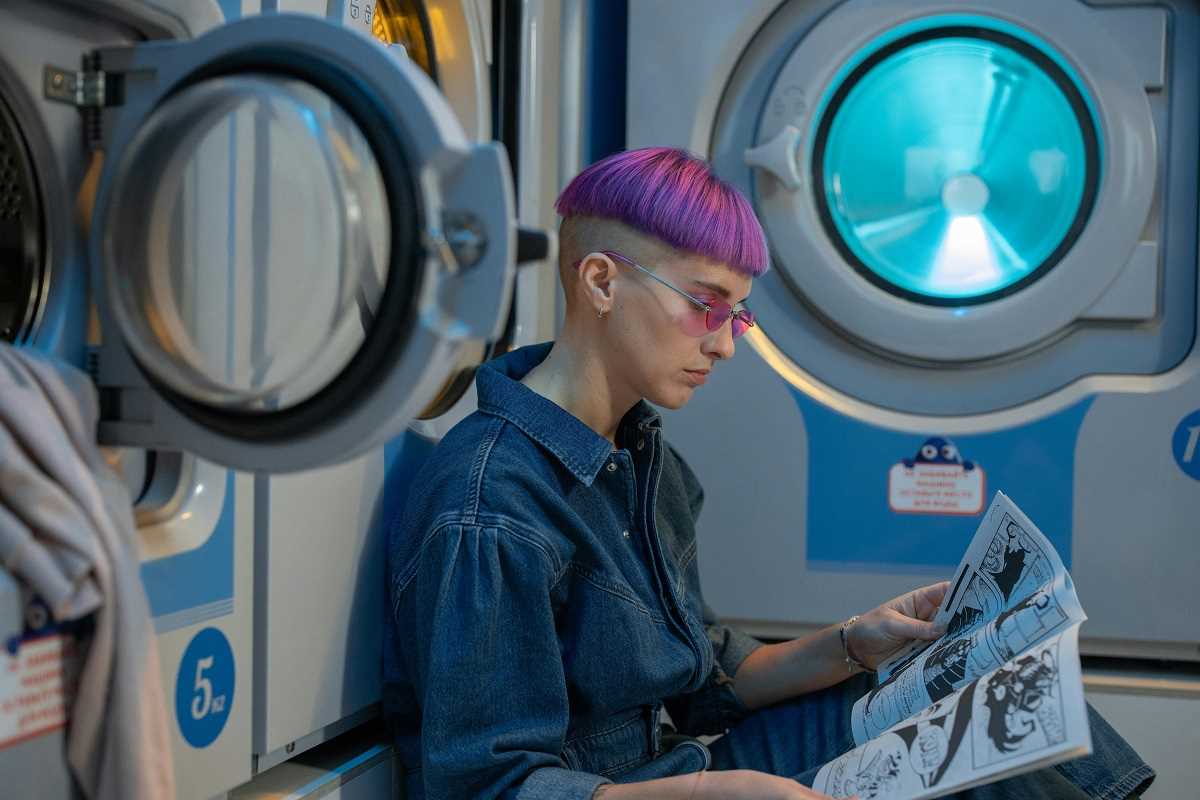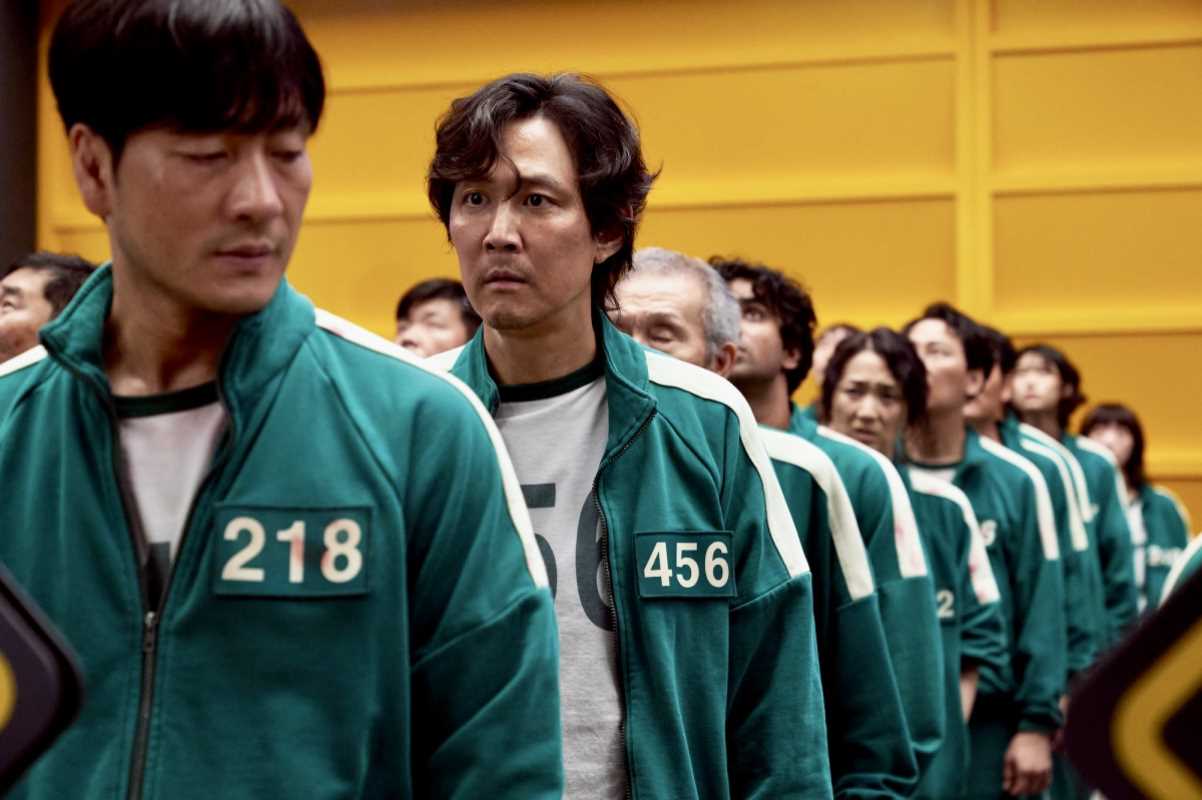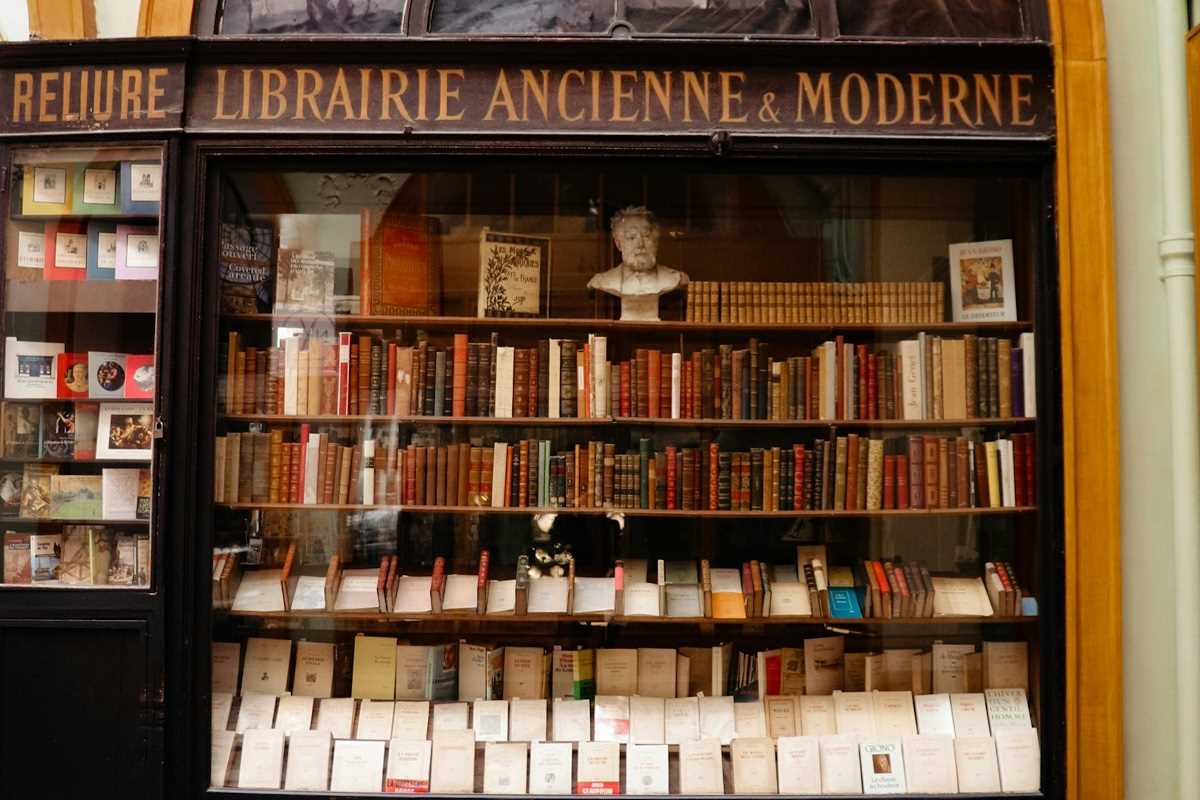Graphic novels have an incredible way of drawing us into stories with their unique blend of striking visuals and compelling narratives. They’re more than just superhero adventures (though we love those too); they can be powerful tools for exploring big societal issues like race, gender, inequality, and human rights. The beauty of graphic novels is their ability to tackle these heavy topics in ways that are engaging, accessible, and deeply emotional. They don’t just tell a story—they make you feel it.
If you’ve been thinking about diving into graphic novels with a purpose, here’s a roundup of some of the best that take on social justice issues head-on. These works don’t just entertain; they educate, they challenge us, and sometimes, they leave us reflecting for days.
1. Maus by Art Spiegelman
It’s impossible to talk about socially conscious graphic novels without starting with Maus. This Pulitzer Prize-winning masterpiece retells the story of the Holocaust through an unexpected lens—Jews are depicted as mice and Nazis as cats. While the concept might sound unusual, it works on a profound level.
Maus is based on Spiegelman’s father’s experience as a Polish Jew during World War II. It captures the horrors of genocide, the trauma survivors carry, and the generational impact of such atrocities. What makes Maus exceptional is how it intertwines the father’s history with Spiegelman’s complicated relationship with him in present-day. It’s raw, unflinching, and utterly unforgettable. If there’s one graphic novel that can open your eyes to injustice, this is it.
2. Persepolis by Marjane Satrapi
Marjane Satrapi takes us on a personal yet universal journey in Persepolis. This autobiographical graphic novel chronicles her childhood and coming-of-age in Iran during and after the Islamic Revolution. Through Satrapi’s eyes, we witness the devastating effects of war, political oppression, and growing up under a regime that imposes strict limitations, particularly on women.
What sets Persepolis apart is its perfect balance of humor and heartbreak. Satrapi doesn’t shy away from the brutality of her experiences, but she also infuses the story with warmth and humanity. The illustrations, simple in their black-and-white starkness, mirror the duality of her life—childhood innocence against a backdrop of political turmoil. It’s a book that will linger with you, reminding you of the importance of freedom and resilience.
3. March by John Lewis, Andrew Aydin, and Nate Powell
If you’ve never read March, prepare to feel inspired and maybe even a little fired-up to make a difference. This acclaimed trilogy follows the late Congressman John Lewis’s real-life experiences as a civil rights leader in 1960s America. From the lunch counter sit-ins to the march across the Edmund Pettus Bridge in Selma, it’s a firsthand account of one of the most critical movements in history.
What makes March so powerful is how it brings history alive. The collaboration between Lewis, Aydin, and Powell captures the intensity, danger, and courage of the civil rights movement with incredible detail. You’re not just learning history—you’re living it alongside those who sacrificed so much for justice and equality. It’s the kind of book that makes you want to roll up your sleeves and join the fight for a better world.
4. The Best We Could Do by Thi Bui
If you’ve been looking for a graphic novel that tackles immigration, family, and identity, The Best We Could Do is a must-read. Thi Bui’s memoir tells the story of her family’s escape from Vietnam to America. It explores the challenges of starting over in a new country while carrying the weight of trauma, loss, and displacement.
Bui’s art is intimate, with soft, flowing lines that feel deeply personal, and her storytelling is equally generous. Through her family’s experiences, she digs into larger themes of generational trauma, refugee struggles, and what it means to belong somewhere. It’s a poignant reminder that every immigrant family’s story is filled with sacrifices and courage, and it urges us to consider the human side of migration.
5. They Called Us Enemy by George Takei, Justin Eisinger, Steven Scott, and Harmony Becker
George Takei is best known as an actor and activist, but his graphic memoir They Called Us Enemy is a stirring reminder that even a country celebrated for its freedoms can fall tragically short. The book recounts Takei’s experience as a Japanese-American child forced into an internment camp during World War II.
The story is equal parts heart-wrenching and eye-opening. It captures the racism and injustice Japanese-Americans faced during that era, but it also highlights the resilience of those impacted. Harmony Becker’s expressive illustrations bring a warmth and sensitivity to the story, making it accessible while still packing a deep emotional punch. This is a must-read for anyone looking to understand the consequences of fear and prejudice in policy.
6. Bitch Planet by Kelly Sue DeConnick and Valentine De Landro
Here’s one for fans of dystopia with a sharp feminist edge. Bitch Planet is a gritty, satirical take on a future where “non-compliant” women—basically, those who don’t conform to societal expectations—are sent to an off-planet prison. It’s part Handmaid’s Tale, part Orange Is the New Black, with a sci-fi twist.
What makes Bitch Planet so gripping is how it tackles systemic sexism and oppression in ways that feel terrifyingly plausible. It’s loud, unapologetic, and full of women standing up to a system built to silence them. Plus, the art is bold and dynamic, perfectly complementing its in-your-face attitude. It may be fiction, but it’s hard not to feel the parallels to our world today.
Why Graphic Novels Matter in Social Justice
Graphic novels have a unique power to address heavy topics in a way that feels approachable. The combination of words and visuals makes these stories deeply immersive—they don’t just tell you about social justice issues; they show you. Through powerful artwork and intimate storytelling, they create empathy and understanding, often for people and experiences that might feel far from our own.
Above all, these novels inspire conversations. They challenge readers to see beyond their own perspectives, to question systems of power and inequality, and to think critically about how we can create a more just world. Whether you're new to graphic novels or a longtime fan, these works are proof that storytelling—especially when paired with incredible art—can be an agent for change.
What’s your favorite socially conscious graphic novel? If you haven’t read any of these yet, consider checking them out. They’re not just books—they’re experiences that might just shift the way you see the world.
 (Image via
(Image via





.jpg)